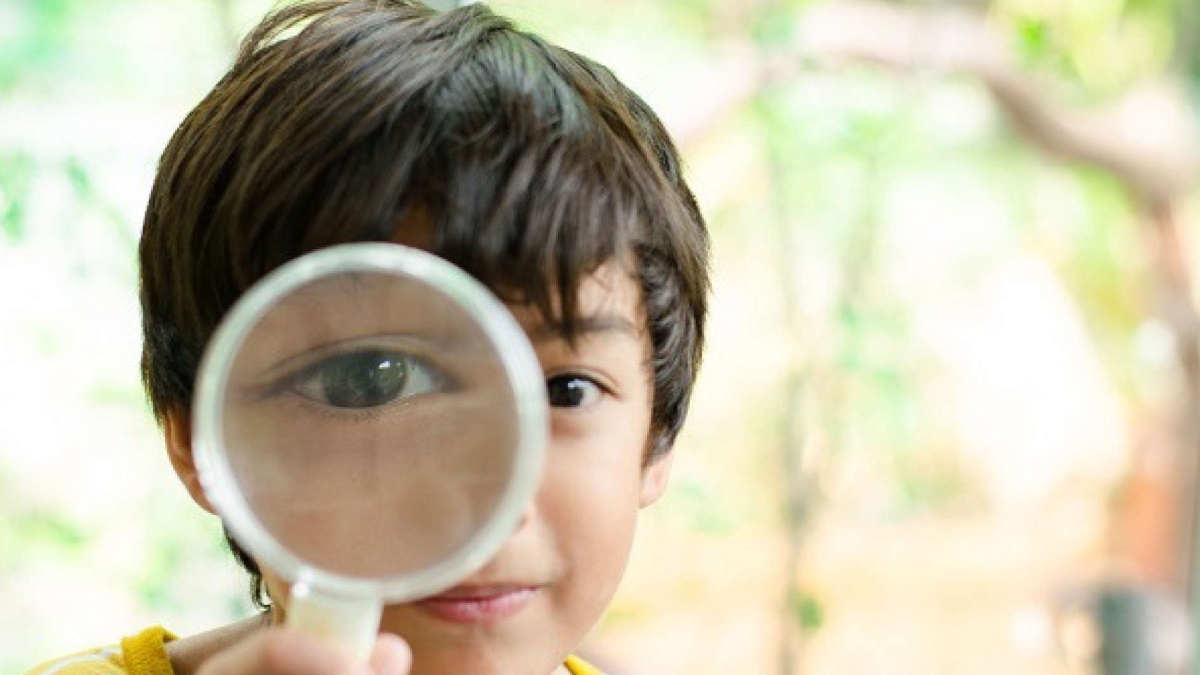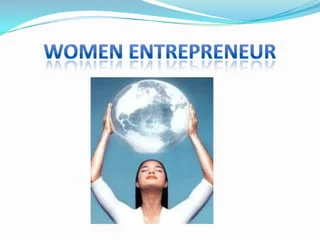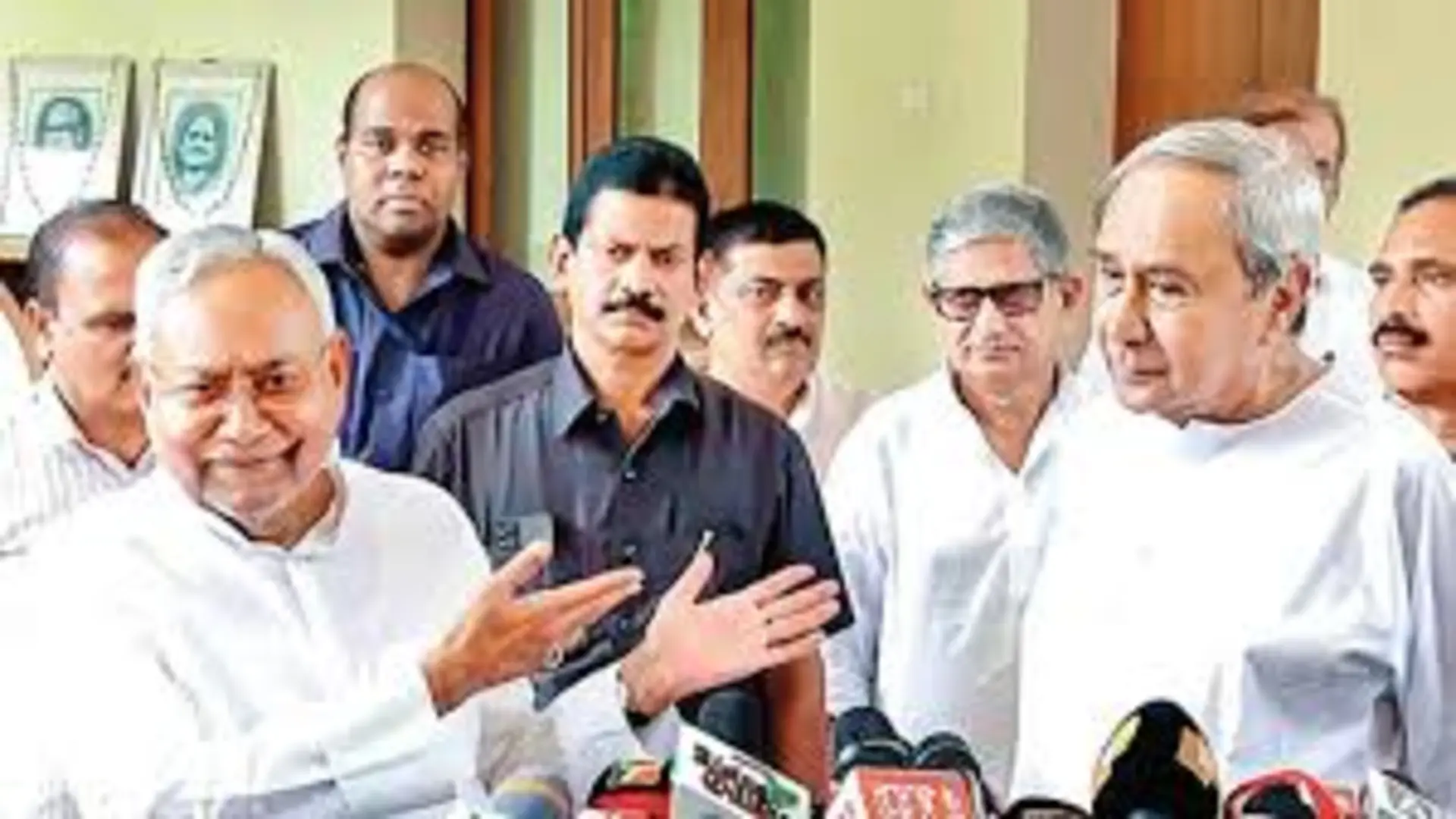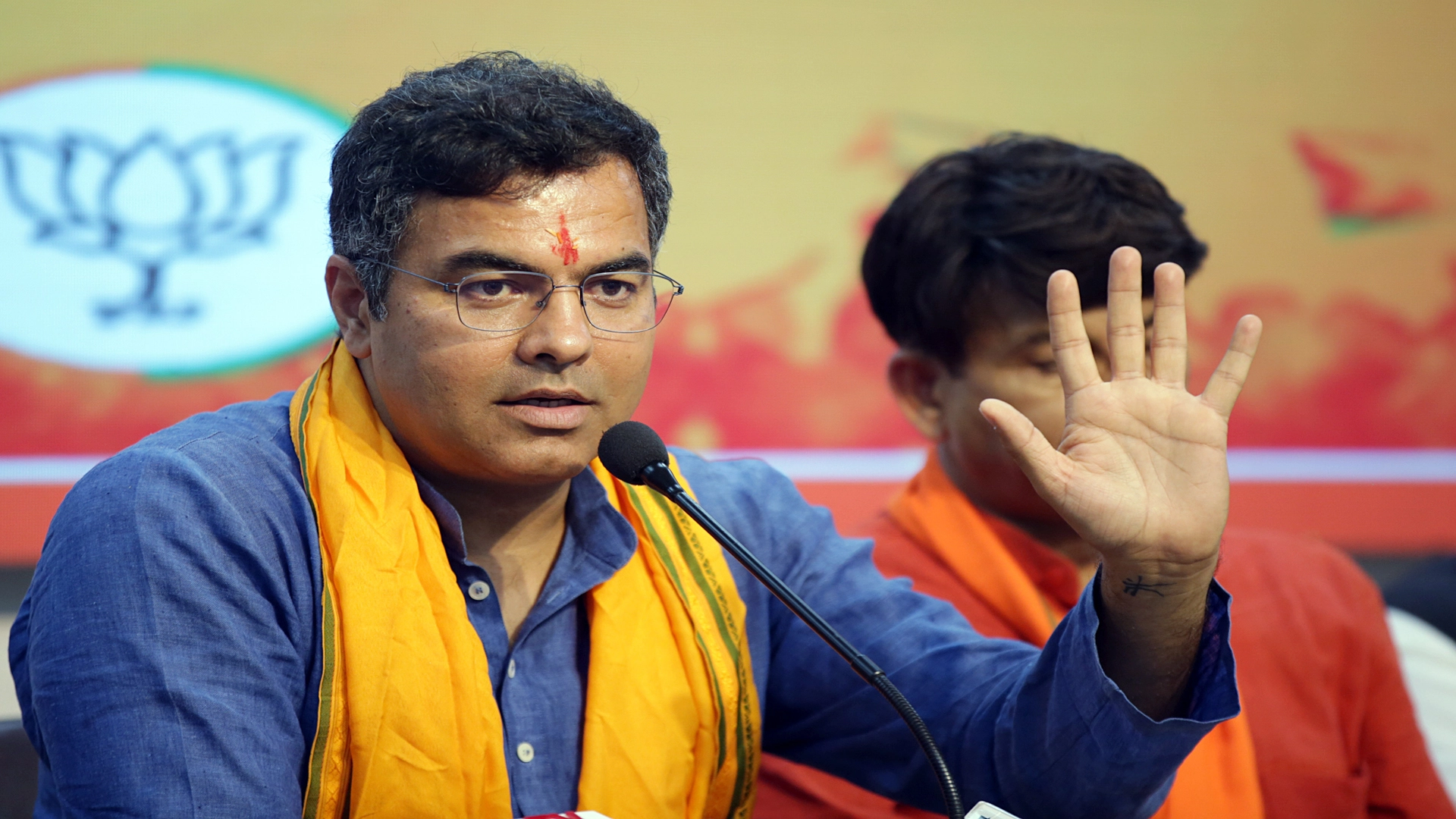It was in 1936 that a collection of secret papers was released from Sir Isaac Newton’s family archives. Till then, the world knew Newton as one of the founding fathers of rational and scientific thought, whose discoveries spanned a grand expanse from gravity to calculus. But the secret papers revealed a disturbingly different portrait of the man.
The papers showed a Newton who was fascinated with the occult, scanning the Pyramids of Egypt for hidden clues to the apocalypse. He was consumed by alchemy, fervently seeking the mythical philosopher’s stone, which could supposedly turn metals to gold, and the elixir of life, which was believed to confer immortality. He believed that ancient Greek myths contained secret alchemical recipes. And his recipes included references to “fiery dragons.”
Many commentators attempted to gloss over these, treating them as embarrassing eccentricities. Yet, these were integral to Newton’s personality, possibly even the reason he could accomplish what he did. In the words of the eminent economist Keynes, “he looked on the whole universe and all that is in it as a riddle, as a secret,” as “certain mystic clues which God had laid about the world to allow a sort of philosopher’s treasure hunt.” Keynes called Newton “the last of the magicians.”
Almost all of humankind’s achievements have been the result of this “magic,” the sense of childlike wonder and delight that supersedes the rational and logical. From scientists like Marie Curie to pioneer aviator Amelia Earhart to saints like Swami Vivekananda, this sense of wonder united them all. Celebrated physicist Richard Feynman likened science to “a grand adventure”. In the corporate world too, it was Akio Morita’s obsession with electronics and Walt Disney’s fascination with his characters that led them to create enduring legacies. The same might end up being true about Elon Musk’s obsession to get to Mars.
We all start with “magic”. Children show us that exploration and free play are the very essences of what it means to be human. If there is one thing that we would want to retrieve from our childhood, it would probably be this unconstrained sense of wonder and curiosity.
Yet, somewhere along the way, as we become adults, as life pressures and societal expectations take over, we distance ourselves from this “magic,” almost embarrassed to talk about it. In our workplaces, process and reason reign supreme; there is no space for whimsical wonder. In our personal lives, we place a high premium on security and certainty, giving up our sense of adventure in the process. As we focus on explicit monetary or social rewards, we no longer do things just for the joy of doing them. We have reined in our imagination and dreams, tethering them to the tangible and the logical.
In this process, we risk throwing out the baby with the bath water. Reason and process are great tools, but it is passion and imagination that fire up our soul, that ignites “magic.”
So, how do we unlock this magic in our lives? First, we must unlearn decades of conditioning. We need to get rid of the dreariness and cynicism and be open to new experiences, whether getting wet in the rain, seeing flamingos in a lake, or learning to sail.
Second, we must make space in our day. We can make a beginning by taking out some time, preferably in the morning, for one activity that we love deeply, that brings back the childlike wonder and excitement. It could be painting, gardening, singing, experimenting with recipes, or anything else, but it needs to be done without expectation or judgment, devoid of deadlines. This is “our” time. It needs to be sacrosanct, free from any interruption.
This was how, many years ago, I started pursuing my passion for writing amidst the blur of corporate travel and work targets. Yet, as I embarked on this path, excuses started cropping up to eat into this “sacrosanct” time. I gradually realised that this was my mind rebelling against my attempt to break decades of conditioning. As I persisted despite the resistance, “magic” began to happen, and I started looking forward to it with the excitement of a kid cycling for the first time.
Reclaiming this sense of wonder means letting the universe lead the way. It means opening yourself to being vulnerable. But it also means opening up a world of beautiful experiences. As the protagonist in my book “AgniBaan” says, “It helps to let a little magic into your life.”
S. Venkatesh is the bestselling author of AgniBaan and KaalKoot, a leadership coach and an investor who has held key positions with JP Morgan, Credit Suisse and Macquarie. He writes about mindfulness and its link to creativity, business and wealth.












